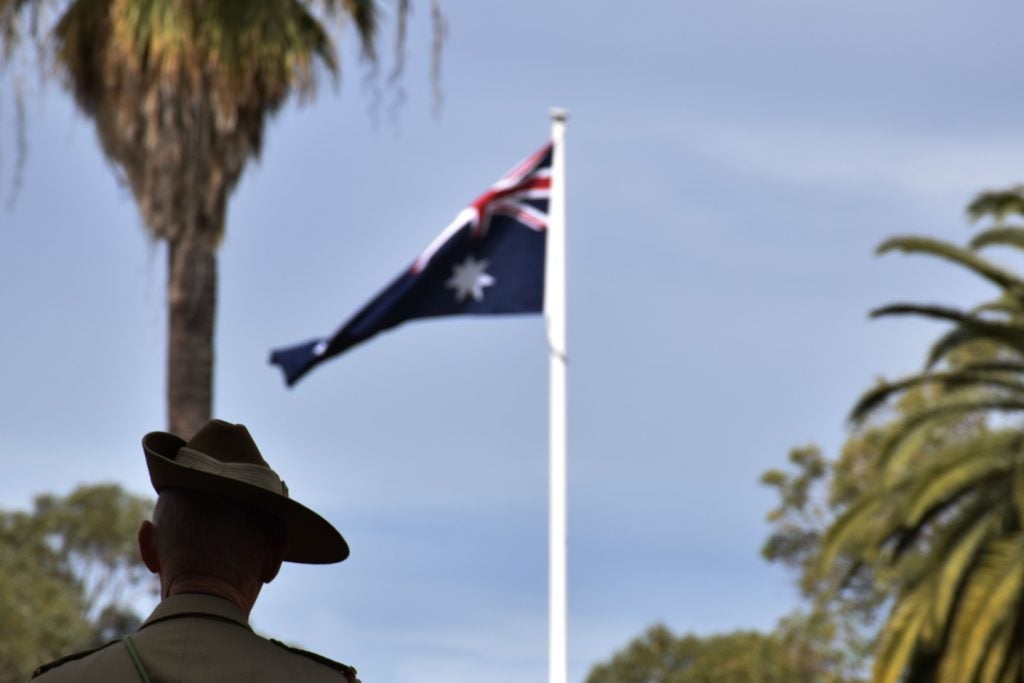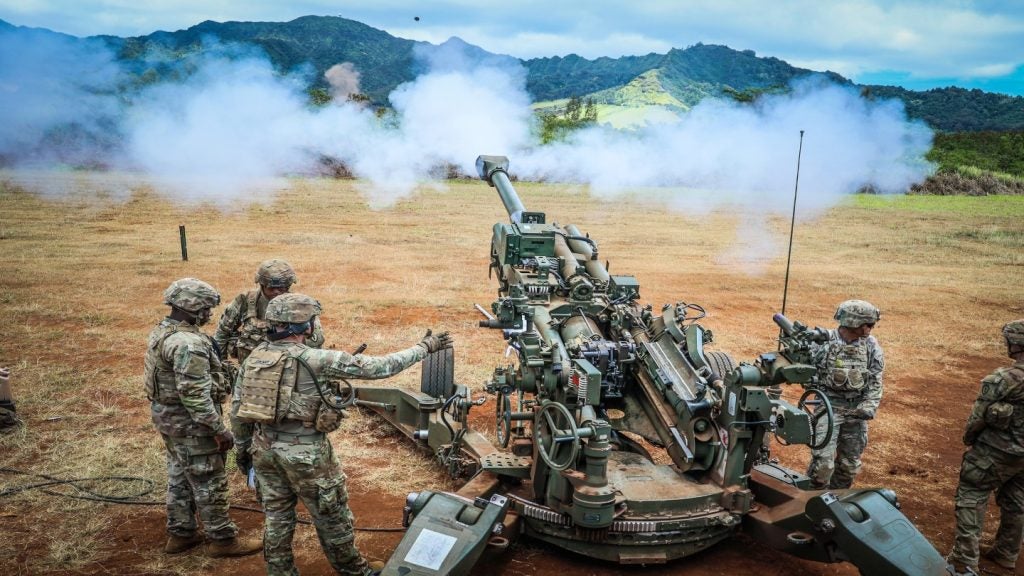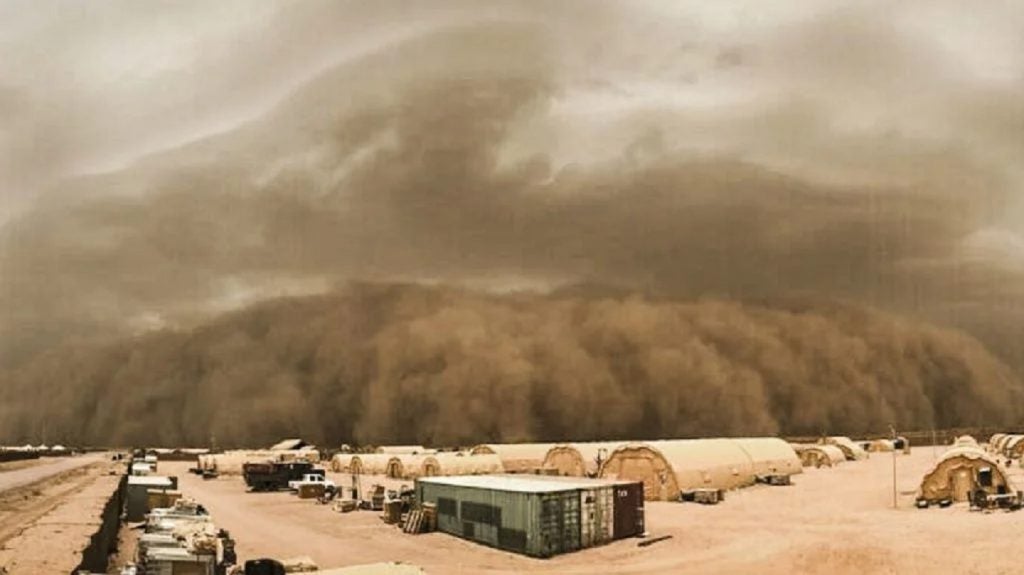
Scientists from the US Army Natick Soldier Research, Development and Engineering Center (NSRDEC) have developed an improved modular ballistic protection system (MBPS-X).
Developed in collaboration with the Advanced Structures and Composites Center at the University of Maine, the system offers increased armoured protection compared with the existing MBPS.
It safeguards soldiers against threats that are most likely to hit a base camp, while providing significantly enhanced protection from direct fire and munitions fragments.
NSRDEC Expeditionary Basing and Collective Protection Directorate Collective Protection Systems team lead programme engineer Karen Horak said: "The MBPS has been perfected with the MBPS X, which has a lot more protection.
"It’s a rewarding programme to work on because we’re protecting soldiers in places where sometimes they don’t have protection.
"The MBPS technology has been leveraged to protect embassies and consulates around the world."
How well do you really know your competitors?
Access the most comprehensive Company Profiles on the market, powered by GlobalData. Save hours of research. Gain competitive edge.

Thank you!
Your download email will arrive shortly
Not ready to buy yet? Download a free sample
We are confident about the unique quality of our Company Profiles. However, we want you to make the most beneficial decision for your business, so we offer a free sample that you can download by submitting the below form
By GlobalDataThe MBPS-X consists of a panel with a strut behind it that can be strapped to other panels, and can be used with any type of shelter to protect personnel and equipment, as panels do not attach to the shelter.
Horak added: "We wanted to look into what can we do to protect the individual tents, as opposed to just the perimeters.
"We want to give them something that, from the very first night, they can wrap around their tent and feel that they have some decent protection."
The MBPS-X includes all the benefits of the MBPS, which was also developed by NSRDEC and the University of Maine.
Comprising mobile, re-deployable, reusable, quickly erectable and lightweight panels, both systems provide protection for personnel and equipment in expeditionary base camps and an array of shelters, and do not require special tools for assembly.
MBPS technology has already been used to safeguard embassies and consulates worldwide, and also in the development of the elaborate overhead protection system for the roofs of shelters.
The MBPS-X is expected to be deployed in 2016.
Image: The new MBPS-X system provides protection from threats that are likely to hit a base camp. Photo: courtesy of Karen Horak, NSRDEC Collective Protection Systems Team.








